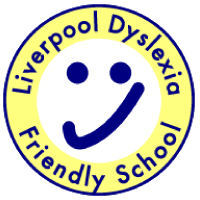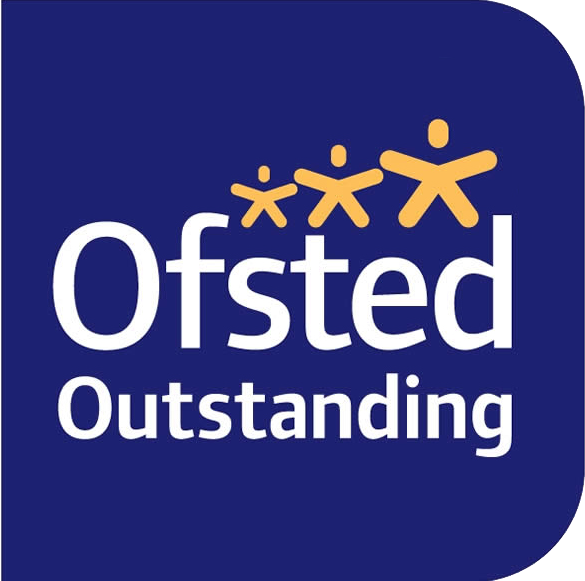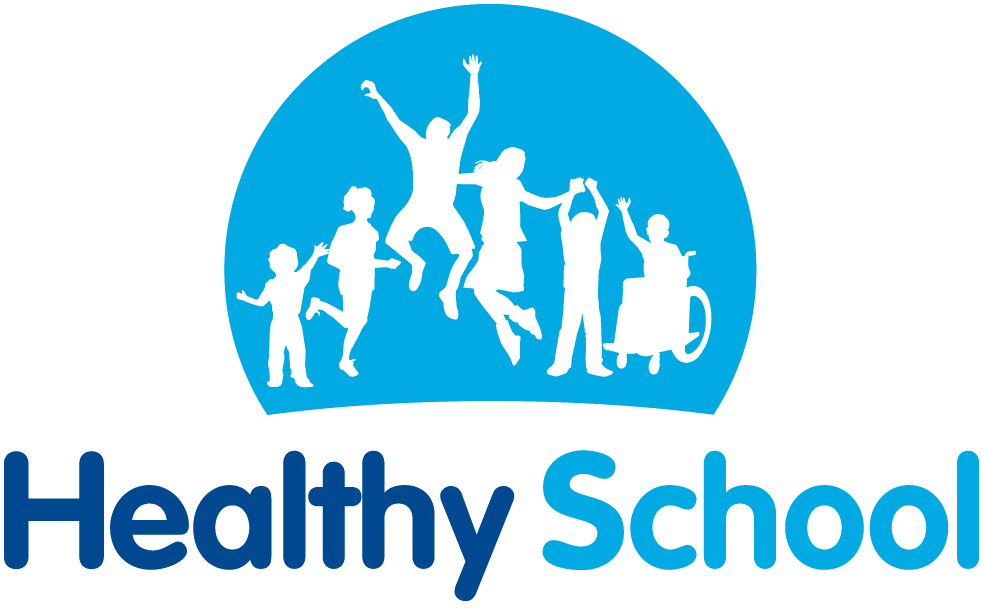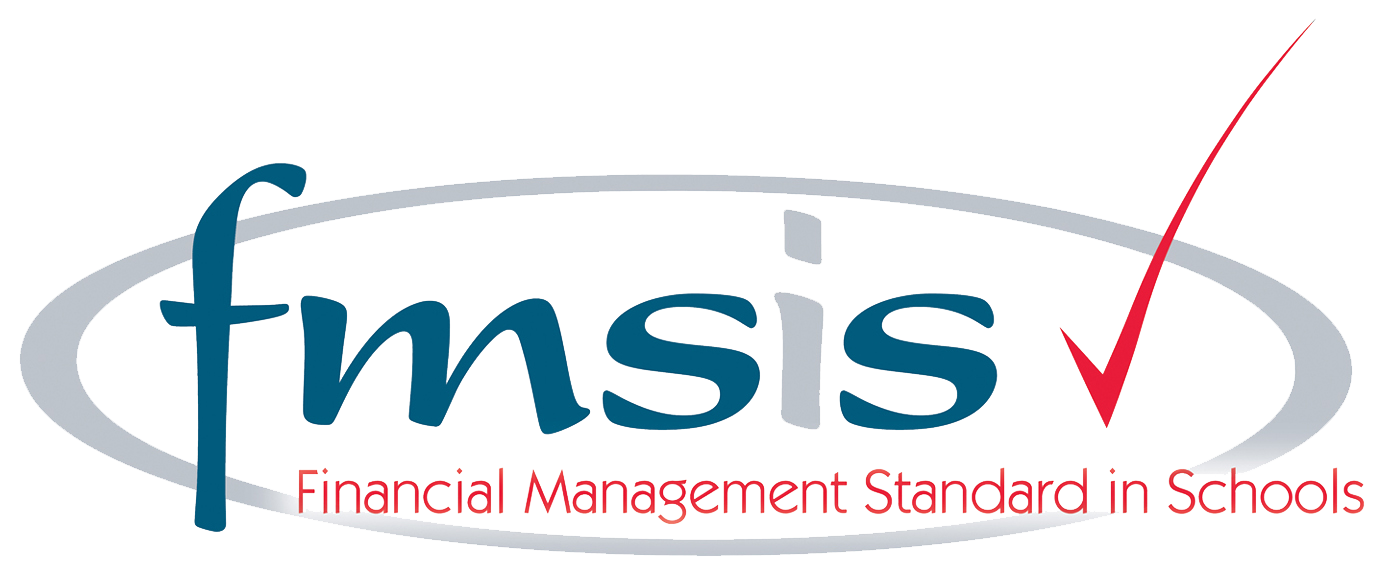Vision
At Bank View, children gain a firm understanding of what music is through listening, singing, playing, evaluating, analysing, and composing across a wide variety of historical periods, styles, traditions, and musical genres. We are committed to developing a curiosity for the subject, as well as an understanding and acceptance of the validity and importance of all types of music, and unbiased respect for the role that music may wish to be expressed in any person’s life. We provide opportunities for performances by soloists, ensembles, choir and the school band to culminate in a whole-school performance at a professional theatre, allowing pupils to showcase their talents and develop self-belief and character. Enthusiastic pupils are also able to access extra provisions including our school choir, band or additional instrument. We want our children to have no limits to what their ambitions are and grow up wanting to be music producers, songwriters, composers or rockstars!
Intent
In EYFS, the daily routine provides opportunities for the children to experience music through song and dance. The pupils are taught to use their voices musically and to play tuned and untuned instruments with expression. They are encouraged to experiment with these elements of music in a variety of contexts. The children also listen to a range of musical styles to develop their skills in listening with concentration.
The units of study in each year group provide the children with an opportunity to:
- develop musical skills and concepts through listening, appraising, performing and composing
- develop their social skills through cooperation with others in the shared experience of music making
- develop an understanding of musical traditions and developments in a variety of cultures
- be motivated to enjoy and succeed in music
The children’s learning is assessed against the assessment domain sheets for each unit of work.
Where appropriate, the children are provided with opportunities to experience live music through both visiting parties and school visits, particularly through performances at school (Peer performance) and Liverpool Philharmonic.
Implementation
In EYFS, teachers use the Early Learning Goals to teach expressive arts and design. They sing songs, make music and dance by imitating sounds and patterns and they also experiment with ways of changing them. The children represent their own thoughts through their work and are encouraged to talk about how they have put their ideas together. They also develop their imagination by responding to music. They talk about how music makes them feel and move and dance in response to different pieces of music. Gradually, they build a repertoire of songs and dances and this continues throughout the school. Learning through rhyme and song takes place across the school and across the curriculum. An understanding of rhythm, rhyme and song also supports the children in developing their speech and language skills. It is an important feature in their literacy learning, enhancing their delivery and appreciation of poetry. Each lesson builds upon the previous lesson and units provide an opportunity for the children to revisit and develop musical skills. Teachers take opportunities to make links between the music lesson and other lessons taking place in their classrooms, thus providing the children with a context for their musical learning. Class teachers follow the lesson plans to ensure continuity. Teachers use “know more, remember more” to make the children aware of the skills they already have before then building upon these skills and developing their learning. Where possible, and where relevant, teachers provide an opportunity for the children to share their learning, and perform to an audience.
Impact
Music units, where possible, tie with class topics on their Long Term Plan. Each year group also has an assessment domain sheet, a set of objectives with which to assess the children every half term at the end of each unit. Teachers make use of “know more remember more” to consolidate the children’s understanding. Children are also encouraged to discuss their experiences and feelings, particularly concerning musical appreciation and performance. By discussing what they can hear, they become aware of their increasing accuracy in aural perception. They also become aware of the emotional impact that music can have. This is particularly powerful when maintaining their own well-being.








